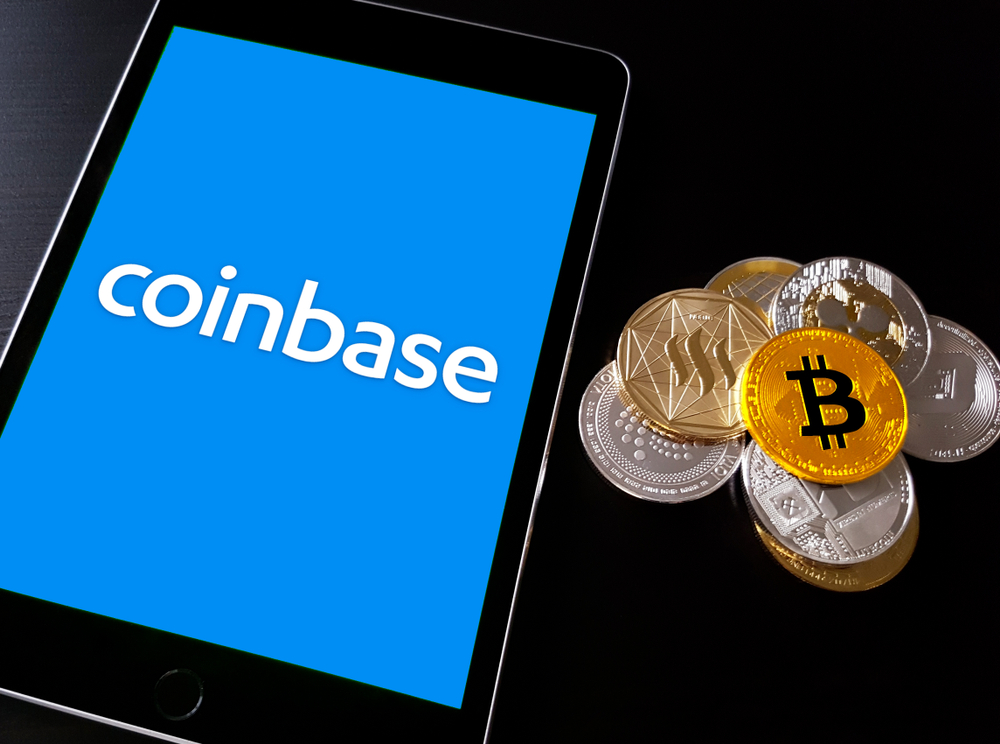State-issued digital currencies were used to conduct cross-border settlements by the monetary authorities of four Asian jurisdictions in a test.
The Bank for International Settlements (BIS) also participated in the pilot project, which saw transactions of about $22 million conducted, which involved foreign exchange and cross-border payments.
The trial
The monetary regulators of the United Arab Emirates, China, Thailand and Hong Kong conducted a trial of using their own-issued digital currencies for making cross-border payments.
The Bank for International Settlements (BIS)’s Innovation Hub located in Hong Kong announced that the project had been successfully completed.
The tests were carried out between August 15th and September 23rd and were based on real-value transactions. A distributed ledger platform named Mbridge was used for processing the transactions.
This is a payment project that was launched by the BIS Innovation Hub, the Bank of Thailand, and the Hong Kong Monetary Authority back in 2019.
It wasn’t until 2021 that the Central Bank of UAE and the People’s Bank of China (PBoC) also joined in.
There were a total of 20 commercial banks participating in the trial for settling different kinds of payments for their corporate clients, most of which were cross-border transactions.
The BIS explained that the platform issued a value of over $12 million, which facilitated 160 foreign exchange and cross-border transactions that had a value of more than $22 million.
The participants
Those who participated in the program included some big names, such as the biggest lender in China, the Commercial Bank of China.
Its ICBC (Asia) subsidiary located in Hong Kong, along with its Abu Dhabi brand, also participated. The Zhejiang branch of the Bank of China also used the digital yuan for making payments.
These were made for two hi-tech firms located in the province and were made for Siam Commercial Bank and HSBC.
However, the report only provided information about the currency used by China and not about currencies used by other countries.
Thailand, Hong Kong as well as the United Arab Emirates (UAE) have also been testing their own central bank digital currencies (CBDCs).
It is possible that the experiment could undermine the importance and use of the US dollar for settling foreign trade payments if banks are able to make settlements without the greenback.
Other countries
There are also some other countries that have also been exploring the concept of central bank digital currencies (CBDCs).
These include Russia, which is working on its digital ruble, which it intends to use for settling payments with China, which is its key trading partner and ally.
The Russian Federation has accelerated its efforts to develop the digital ruble because of the financial sanctions that have been imposed against it by Western nations due to the Ukraine invasion.
Moscow wants to introduce settlements with its CBDC as early as next year.
The BIS said in the announcement that they would provide more details about the project in October, including its regulatory, legal, technical design and policy considerations.







